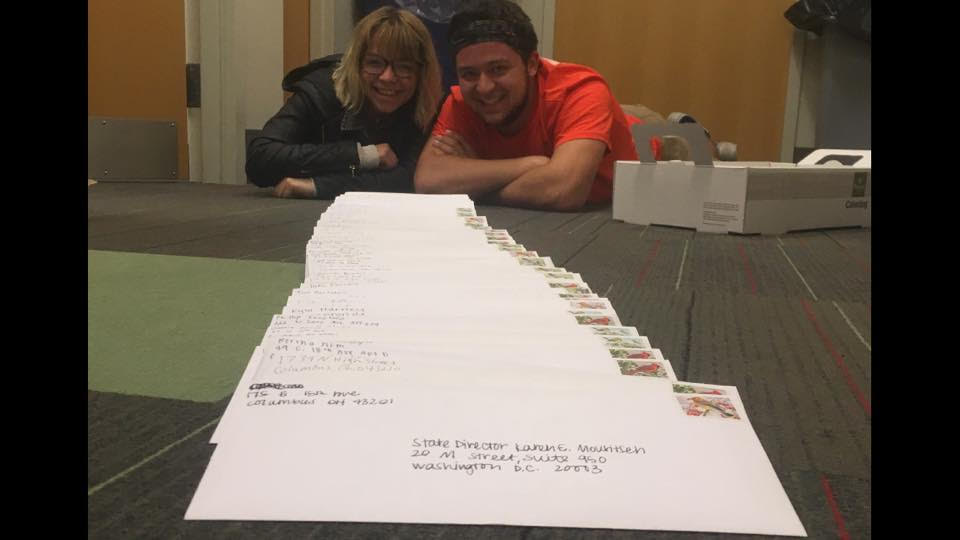By Nicole Tabit, Clean Water Fellow
Fracking is used in 9 out of 10 gas well across the country. Millions of gallons of liquid, containing water, sand, and chemicals, are injected into the ground to break apart rock and extract shale gas. Fracking is a deeply contested subject, as there are some benefits alongside many environmental downsides. Those who advocate for fracking do so because shale gas is cheaper to burn and is ‘more environmentally friendly’ than burning coal and oil. However, fracking can lead to environmental issues, including water quality trouble. The fracking fluid injected into the ground has undisclosed chemicals, and if the fracking pipeline were to break, the fluid would be released into the ground, polluting groundwater which can have health effects on the environment and especially human health. 
The Wayne National Forest, Ohio’s only national forest, is now being subjected to a lease sale from the Bureau of Land Management. On December 13th, the BLM will be launching an online lease auction of over 1,620 acres of forest- for the purpose of fracking. The The BLM is set on selling the land in the auction, and they won’t accept online petitions to halt the auction. Only hand written letters sent to the director’s office were accepted as a form of protest. This makes it more difficult to fight the process, as less people might write letters rather than sign a petition. So what did we do? Organize a letter writing campaign! Students at the Ohio State University and Otterbein University wrote letters to State Director Karen Mouritsen outlining the parcels of land we don’t want developed and voicing our concerns of environmental and health damages that the fracking process would cause.
By being persistent, and fighting for the land, we will try to stop the sale, as Wayne National Forest must be protected at all costs. We don’t want the Wayne National Forest to fall into the hands of energy industry companies who will use the land for fracking. Opening the door to fracking on public lands is a big step, and while fracking can potentially be done safely, there are many reasons to halt the sale of land.